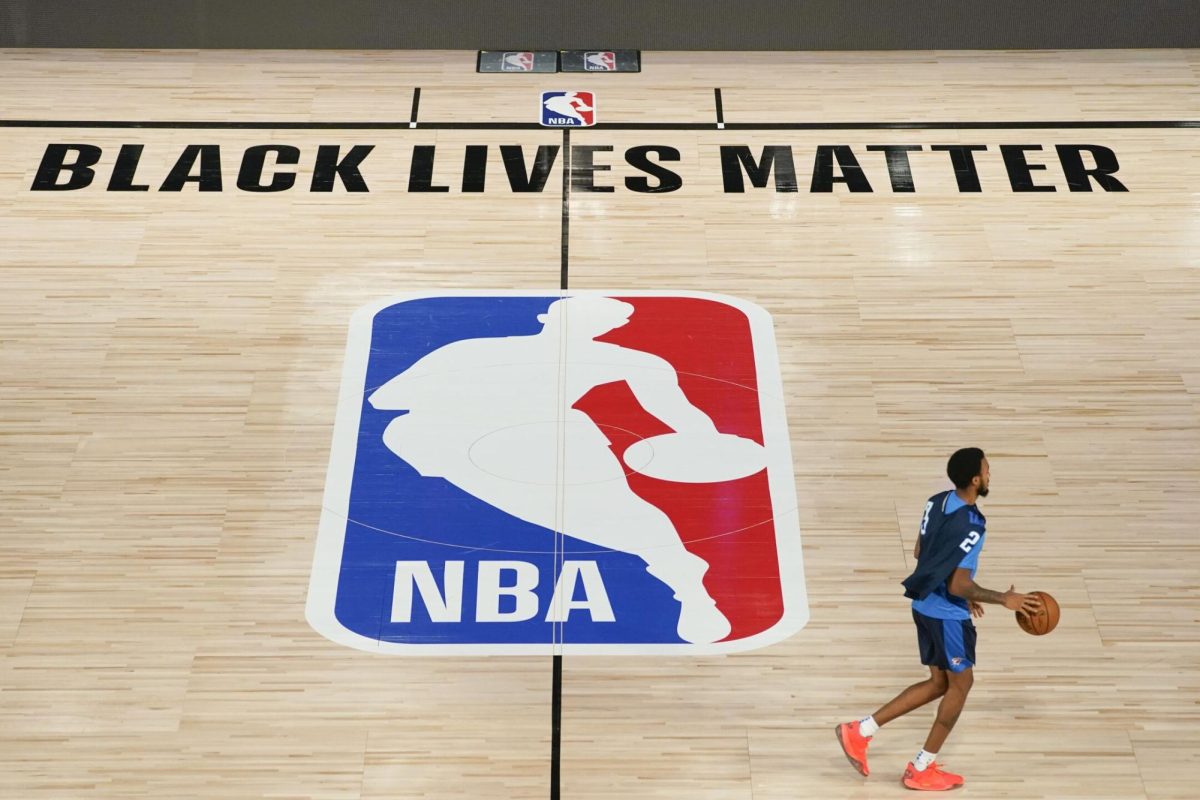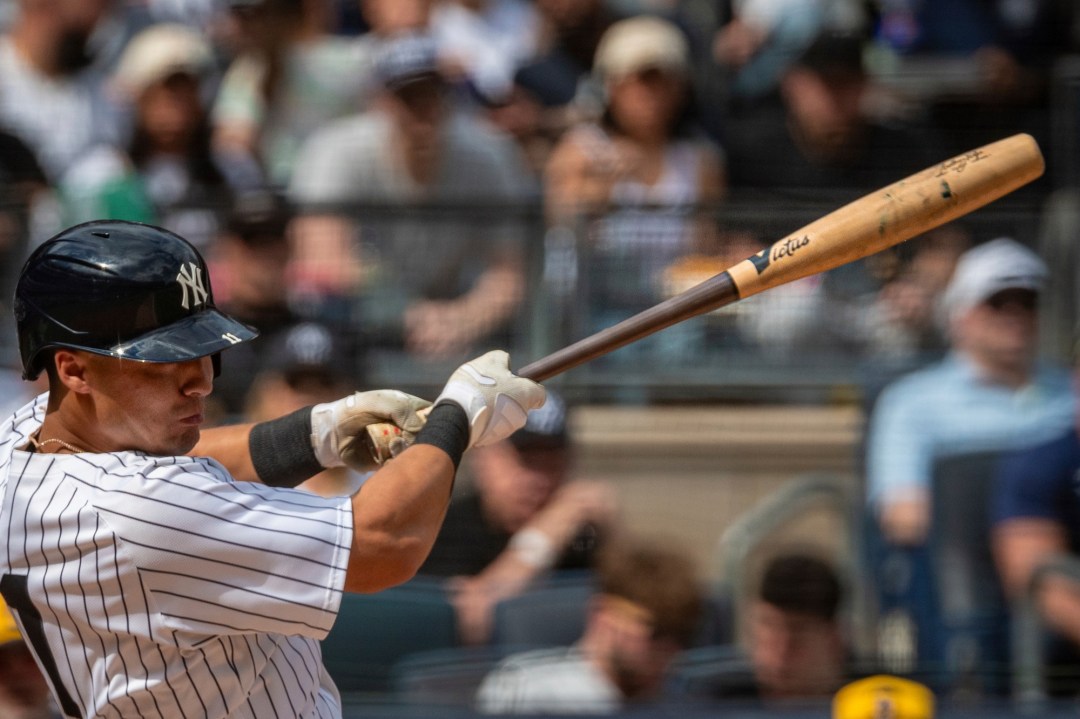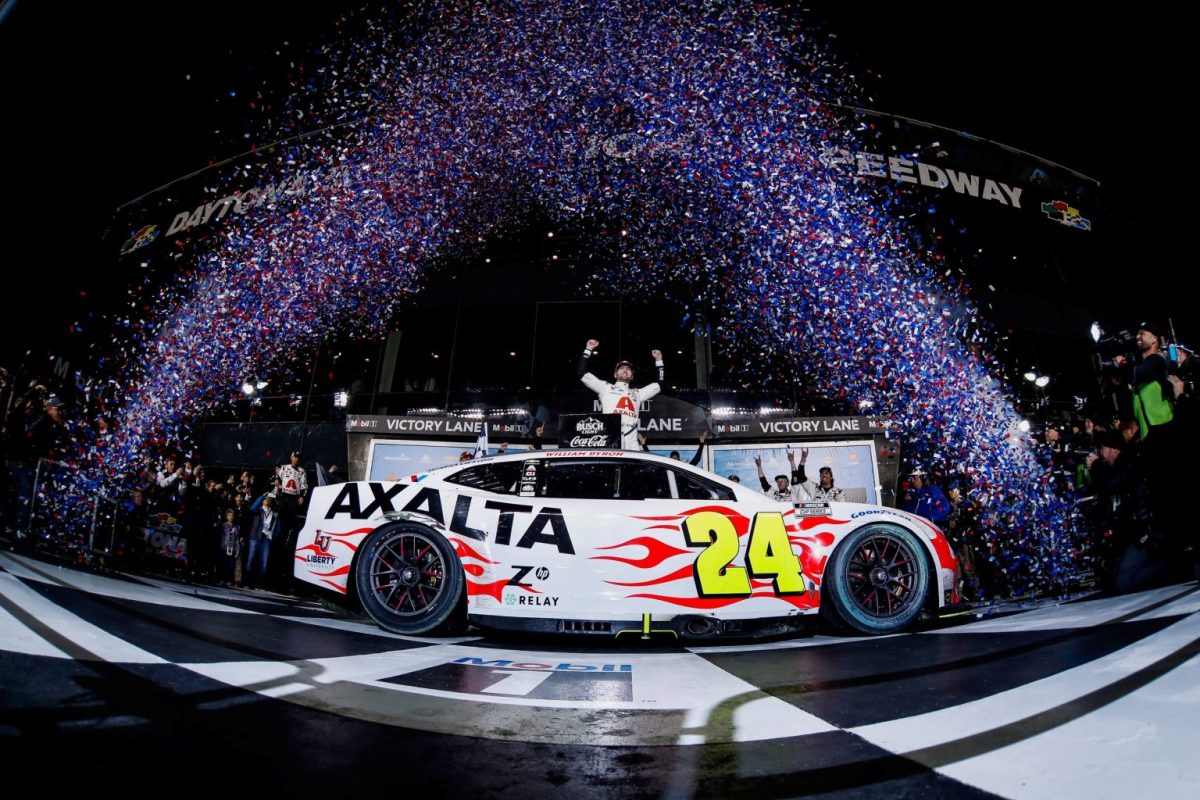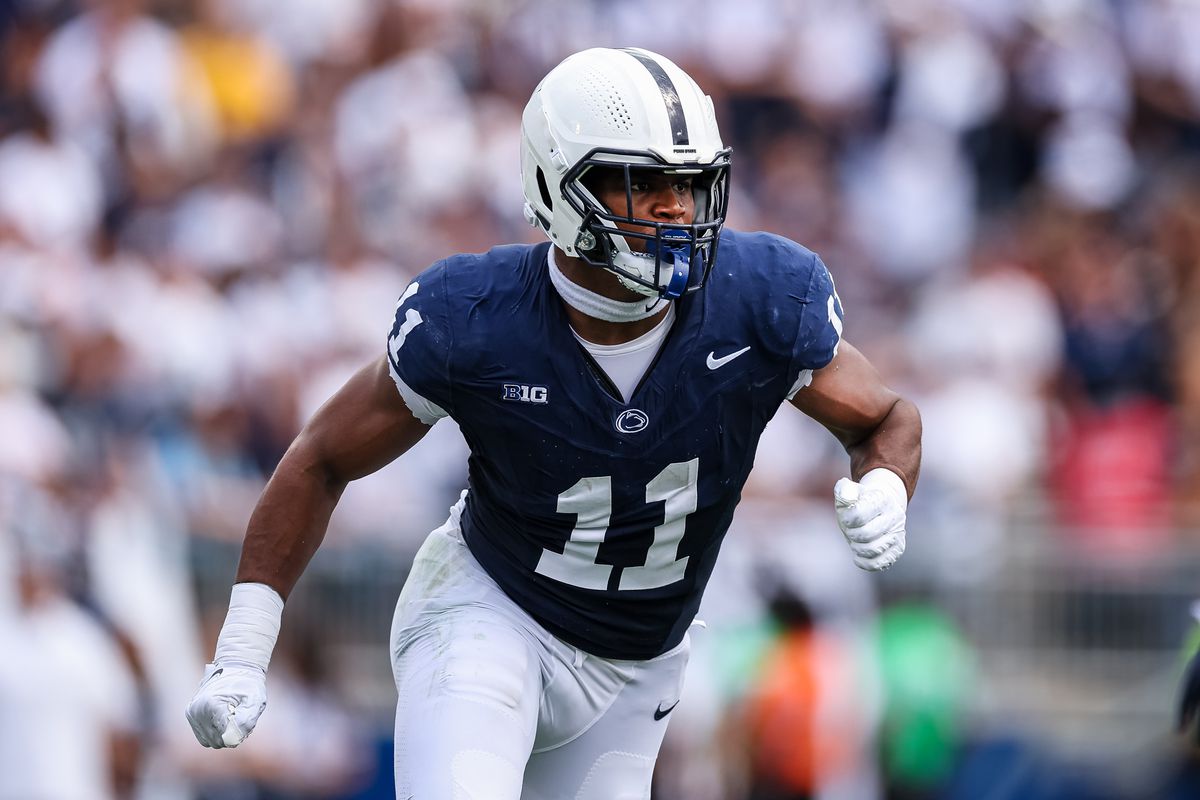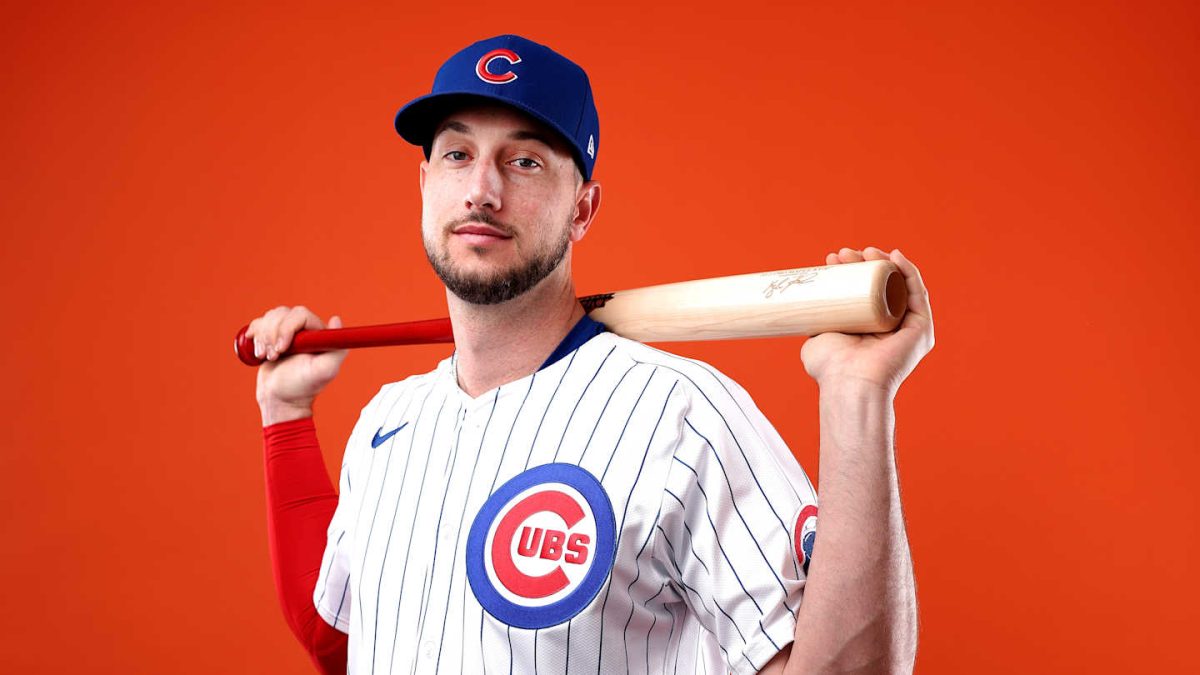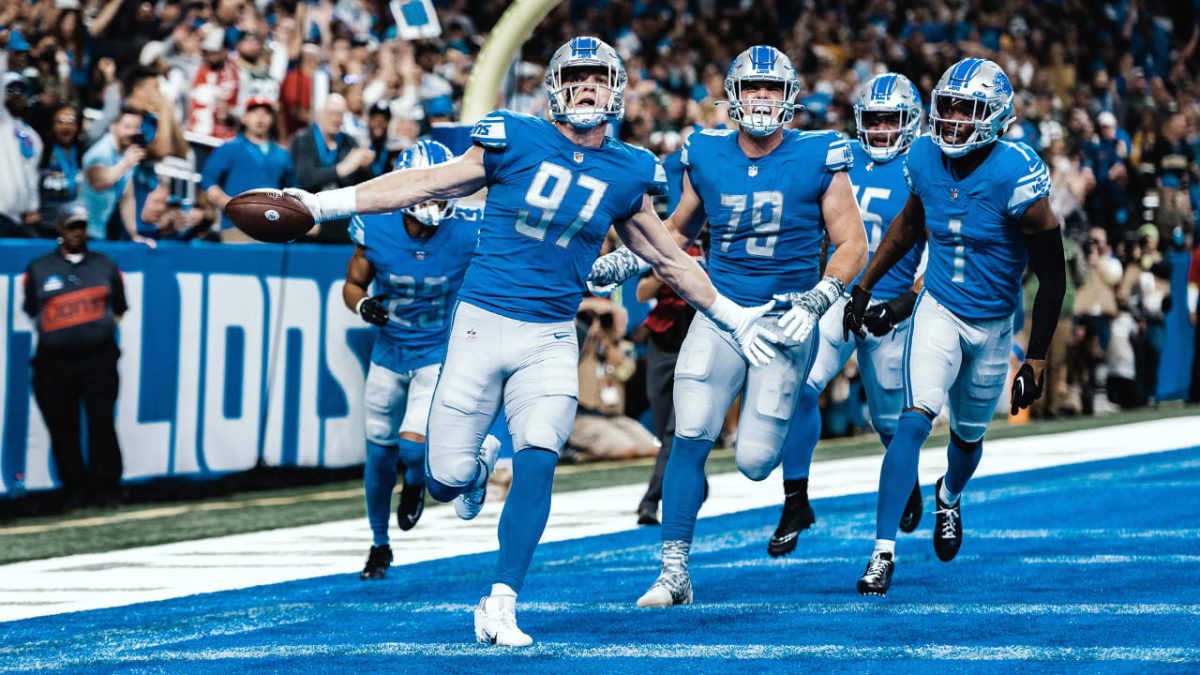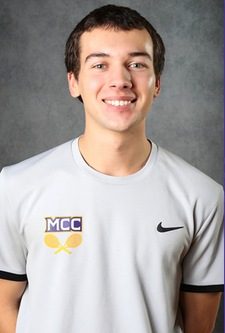The world of professional sports has seen a rise in social and political activism in the last decade. Athletes, coaches, and entire leagues have used their platforms to speak out on social issues such as racial inequality, LGBTQ+ rights, environmental sustainability, and more.
Professional athletes have taken a stand against injustice and discrimination in society, from kneeling during the national anthem to wearing social justice decals on helmets and cleats.
Former NFL quarterback Colin Kaepernick was at the forefront of one of the most memorable examples of activism in sports in 2016. Kaepernick sparked a nationwide conversation and inspired many athletes who followed in his footsteps by kneeling during the national anthem to protest police brutality and racial inequality.
More recently, Carson Pickett has sparked conversation in the world of athletic activism becoming the first person with a limb difference to play on the US Women’s soccer team. In an article from the World Economic Forum, it tells of how Pickett was born without part of her left arm and how she says she wants to use her success to be an advocate for limb difference.
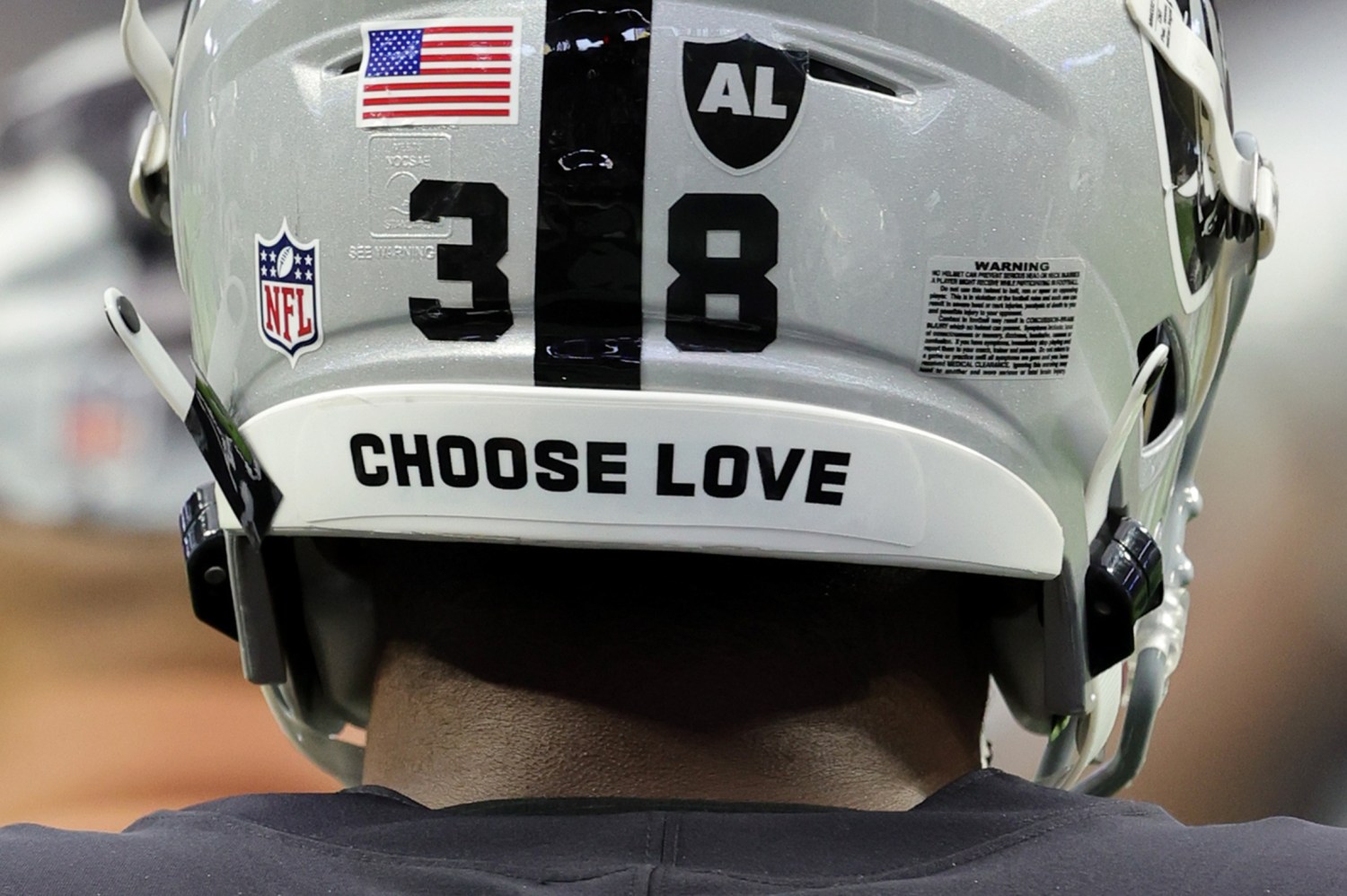 The NFL and NBA have also been major proponents for social and political movements. The NFL has allowed players to display social justice messages such as “It takes all of us” and “Inspire change” on their helmets. The NBA has displayed messages like “Black Lives Matter” on their courts during games and allowed players to wear shirts with similar messages during warm ups and interviews.
The NFL and NBA have also been major proponents for social and political movements. The NFL has allowed players to display social justice messages such as “It takes all of us” and “Inspire change” on their helmets. The NBA has displayed messages like “Black Lives Matter” on their courts during games and allowed players to wear shirts with similar messages during warm ups and interviews.
The impact of athlete activism has spread beyond the sports arenas and stadiums. It has influenced public discourse and shed light on systemic injustices. Athletes’ willingness to use their platform for good has helped in communities to demand change.
The surge in activism has brought about awareness and positive change on issues, but it has also started discussions about the role that freedom of expression and censorship play regarding social activism.
Sports organizations and media outlets have been accused of silencing athletes who express controversial or religious views. The suppression of athletes’ voices has caused concern of censorship.
In a recent example, NBC Sports edited out a portion of CJ Stroud’s (quarterback for Houston Texans) postgame interview in which he discussed his faith and belief in Christianity.
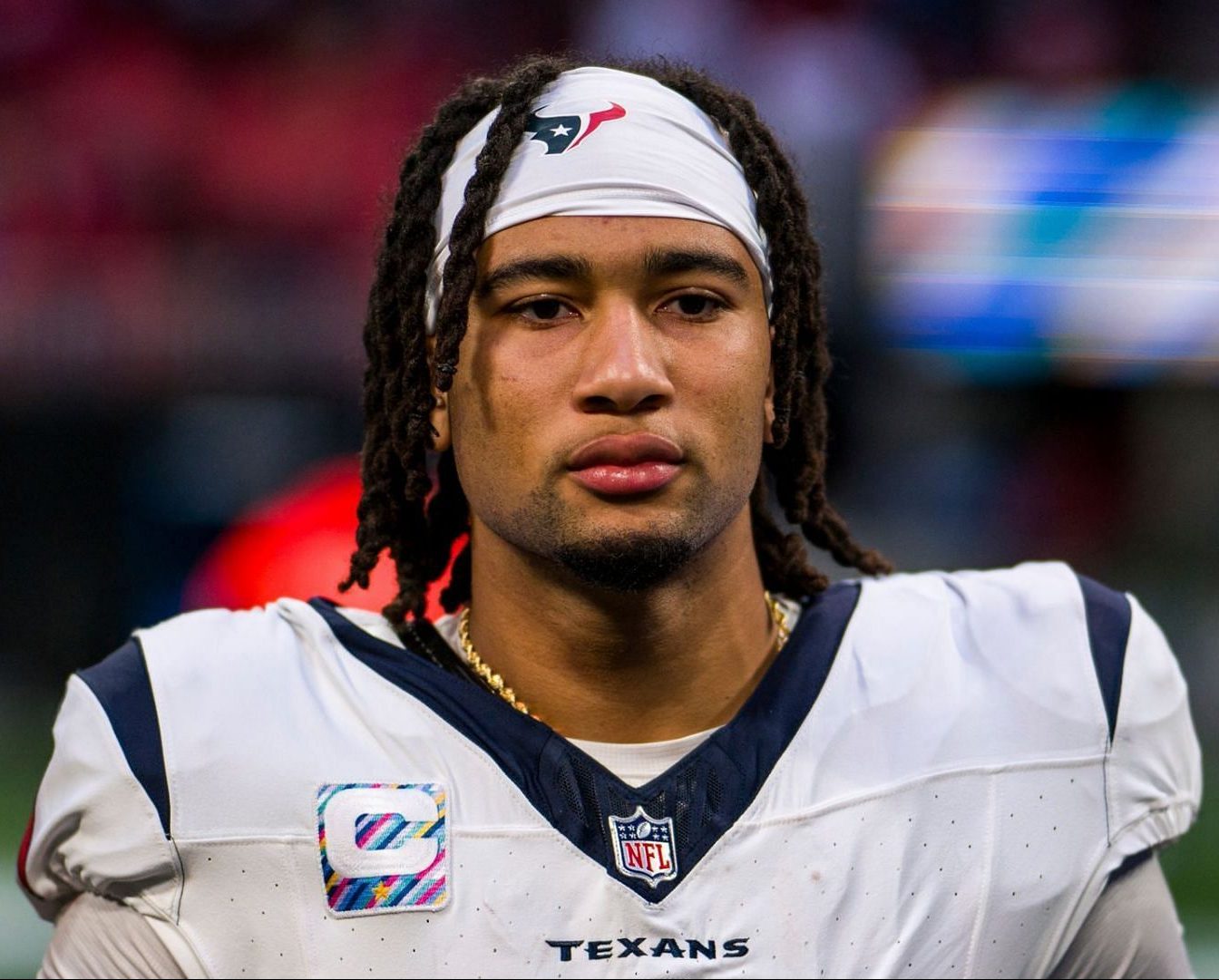
The decision to cut out the dialogue sparked criticism from fans and religious groups who argue that athletes should be free to express their beliefs without fear of censorship. Local high school baseball coach Lucas Bellizzi shared his thoughts: “NBC had no right to cut out the part of (Stroud’s) his interview where he thanked Jesus… postgame interviews should allow players to speak freely and give thanks to whoever they want”.
In an interview with Complex, Stroud said that he wishes NBC didn’t remove his thoughts from the interview but that he isn’t angry about it. Stroud wishes to move forward and continue sharing his beliefs with the viewers.
Many believe it is essential to continue fostering open dialogue and engagement through sports for the future of social activism. They believe athletes should be encouraged to use their platforms to raise awareness and advocate for positive change.

